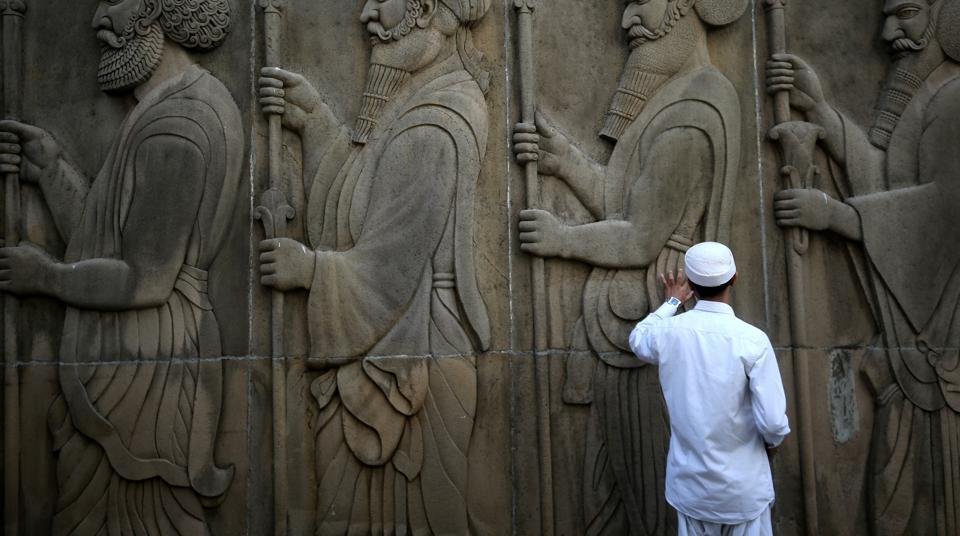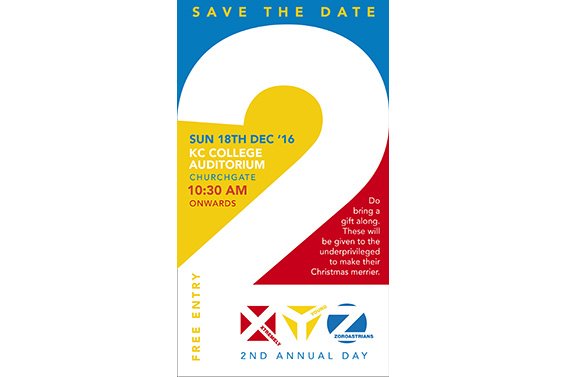Trust bans Parsi newsletter from community housing estates
The ban will come into effect this weekend as the newsletter is published fortnightly. Parsi Junction currently has a circulation of around 5,000 across the city and news of the ban has triggered criticism from its readers.
Parsi Junction, a newsletter which was critical of the Bombay Parsi Punchayet (BPP) Trust, the biggest Parsi-Zoroastrian representative body, has been banned from housing colonies managed by the latter.
The ban will come into effect this weekend as the newsletter is published fortnightly. Parsi Junction currently has a circulation of around 5,000 across the city and news of the ban has triggered criticism from its readers.
Yazdi Desai, chairperson of BPP, said that though the matter was pending before the trust’s board, he, in his capacity as chairman, could issue the order because there were “defamatory stories” being published by the newsletter against the Punchayet. The newsletter has been publishing reports on alleged corruption in property deals linked to the BPP.
The trust manages around 5,500 flats in community housing estates across the city, apart from fire temples, the Tower of Silence cemetery, commercial properties, and land, making it one of the biggest land-owners in Mumbai.
“I have asked our staff to stop circulation of the newsletter because it is illegal. We cannot let a newsletter which spreads lies and makes defamatory remarks be circulated in our colonies,” said Desai.
The chairperson added that the newsletter is not registered to be granted circulation permission. “We are only concerned and will stop the circulation of the newsletter in our colonies; we cannot and will not stop circulation in other places,” Desai added.
Parvez Driver, editor of Parsi Junction, said he plans to raise the issue with the board. “When I called up the trustees, they said the matter had not come up for discussion on Tuesday and would come up next week. We are going to circulate Parsi Junction in colonies this Sunday,” he said.
Community members have called the ban an “attack on freedom of press” and pointed out to other community magazines and newsletters which were being made available in colonies and religious places. “BPP is the custodian of Parsi properties; how can it decide which weekly people should read?” said Rayomand Zaiwalla, lawyer.





